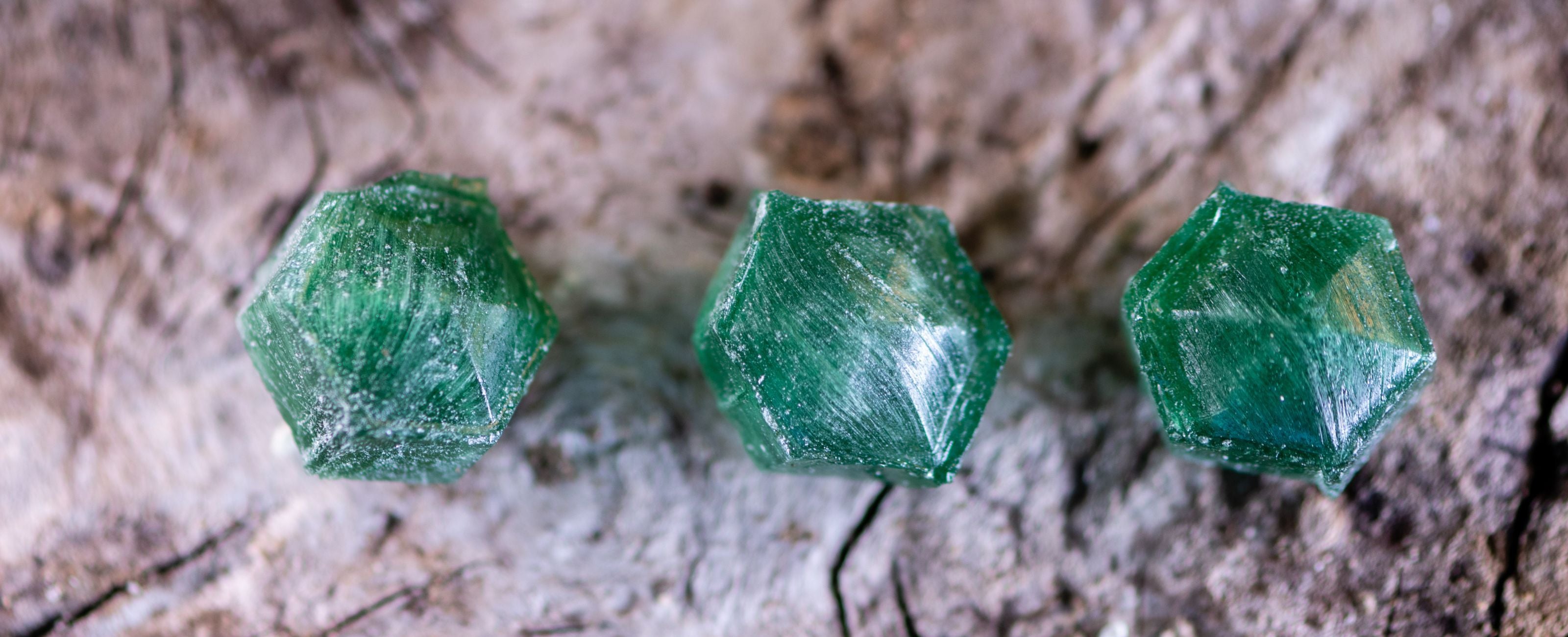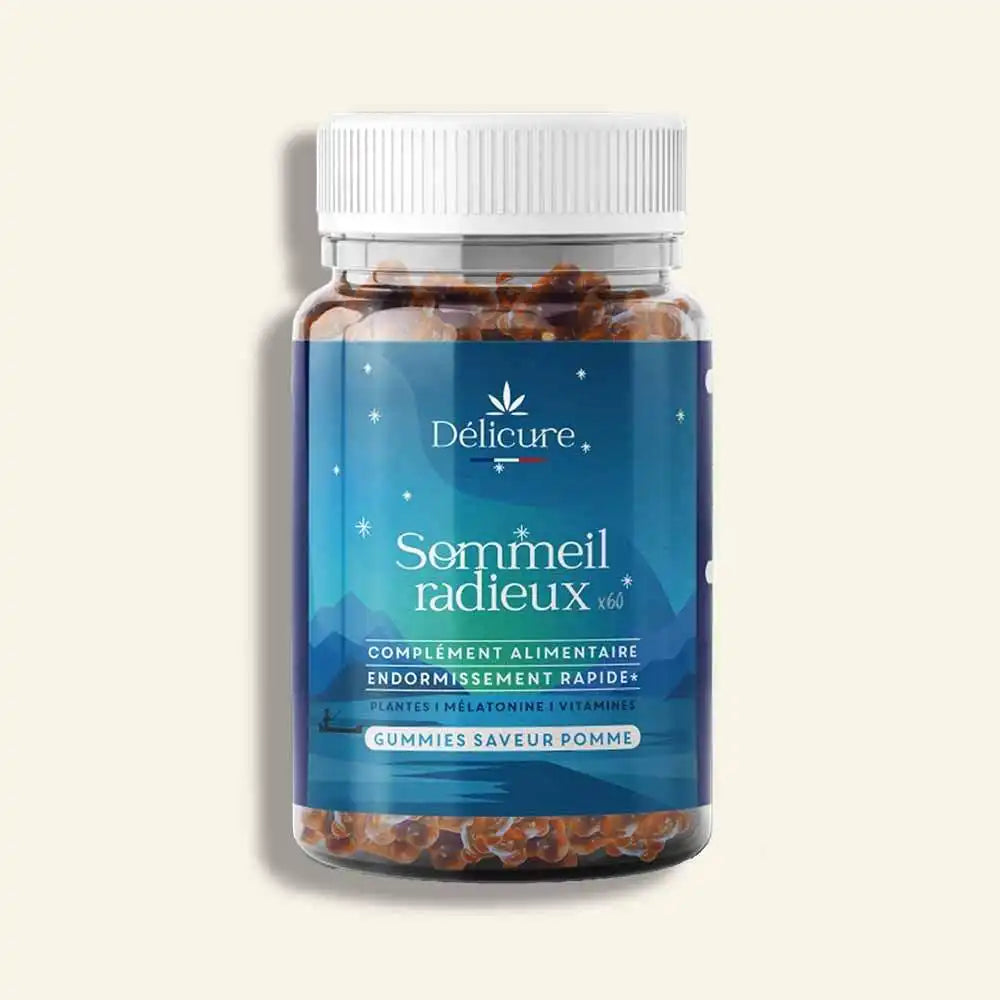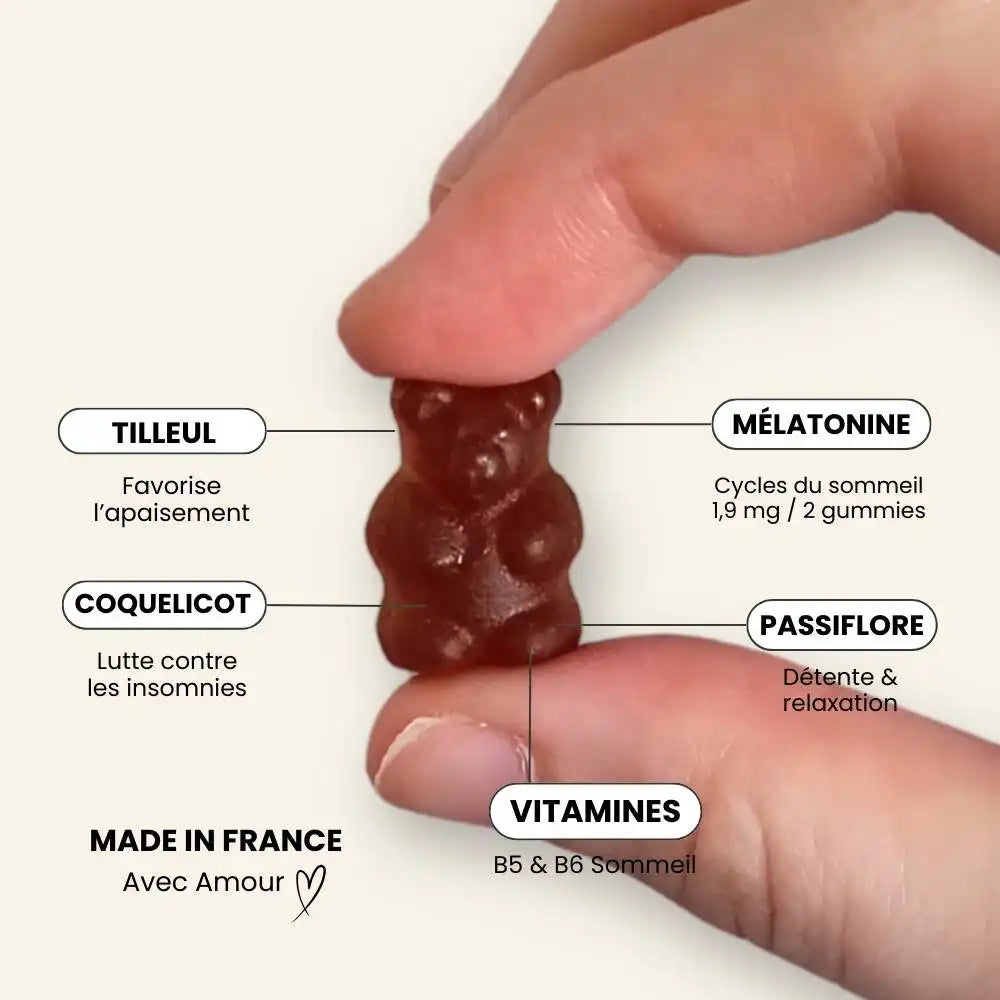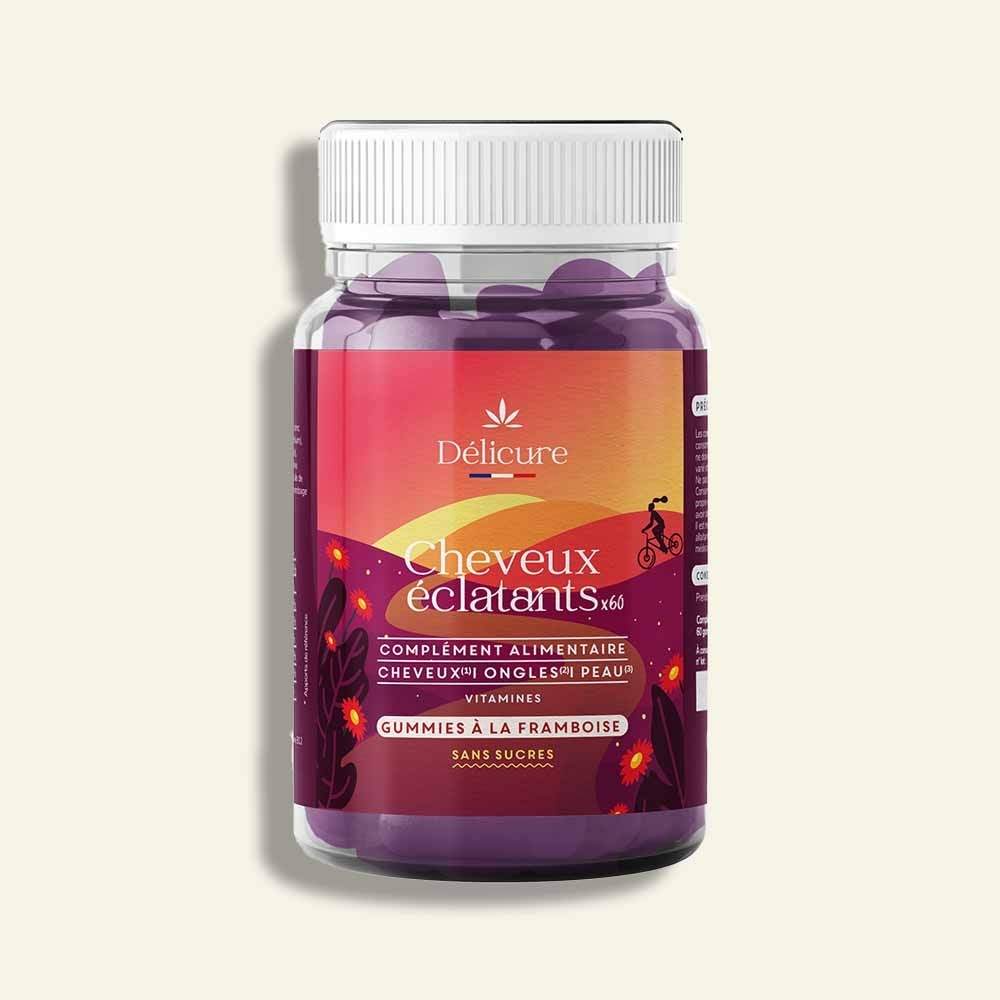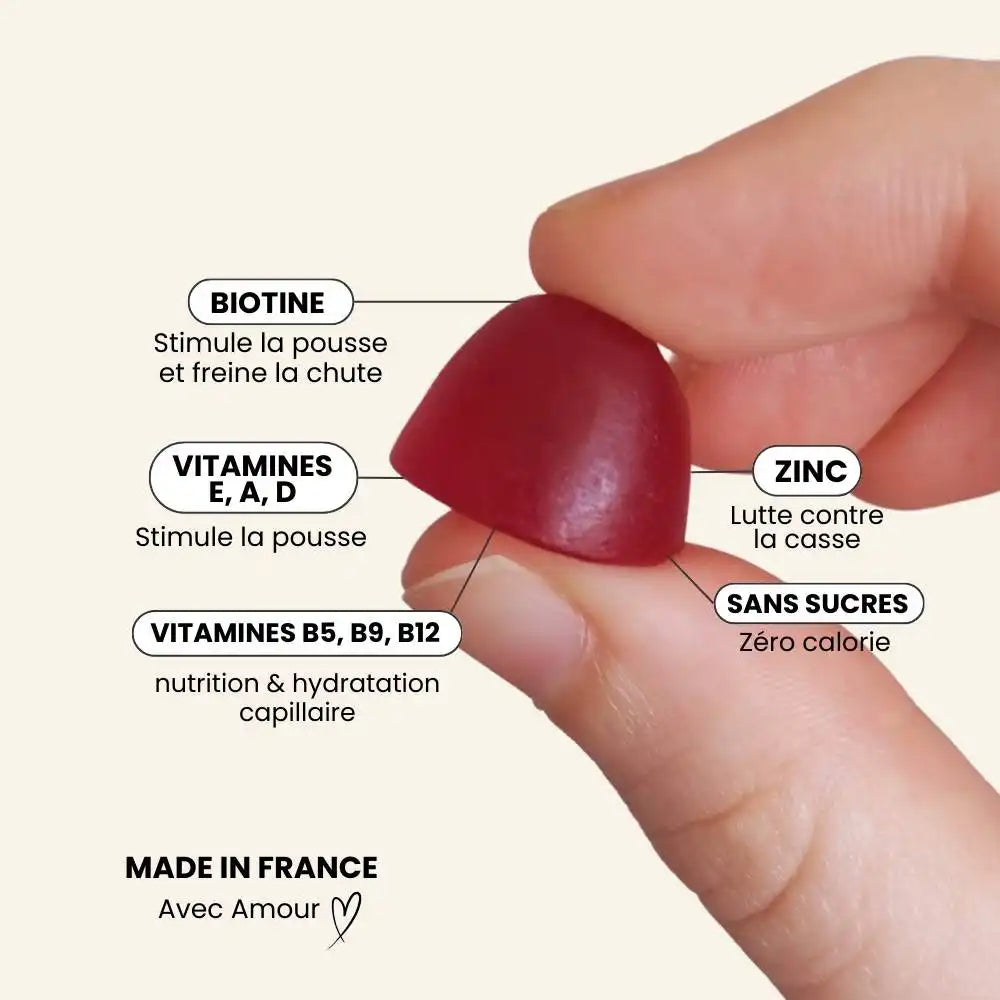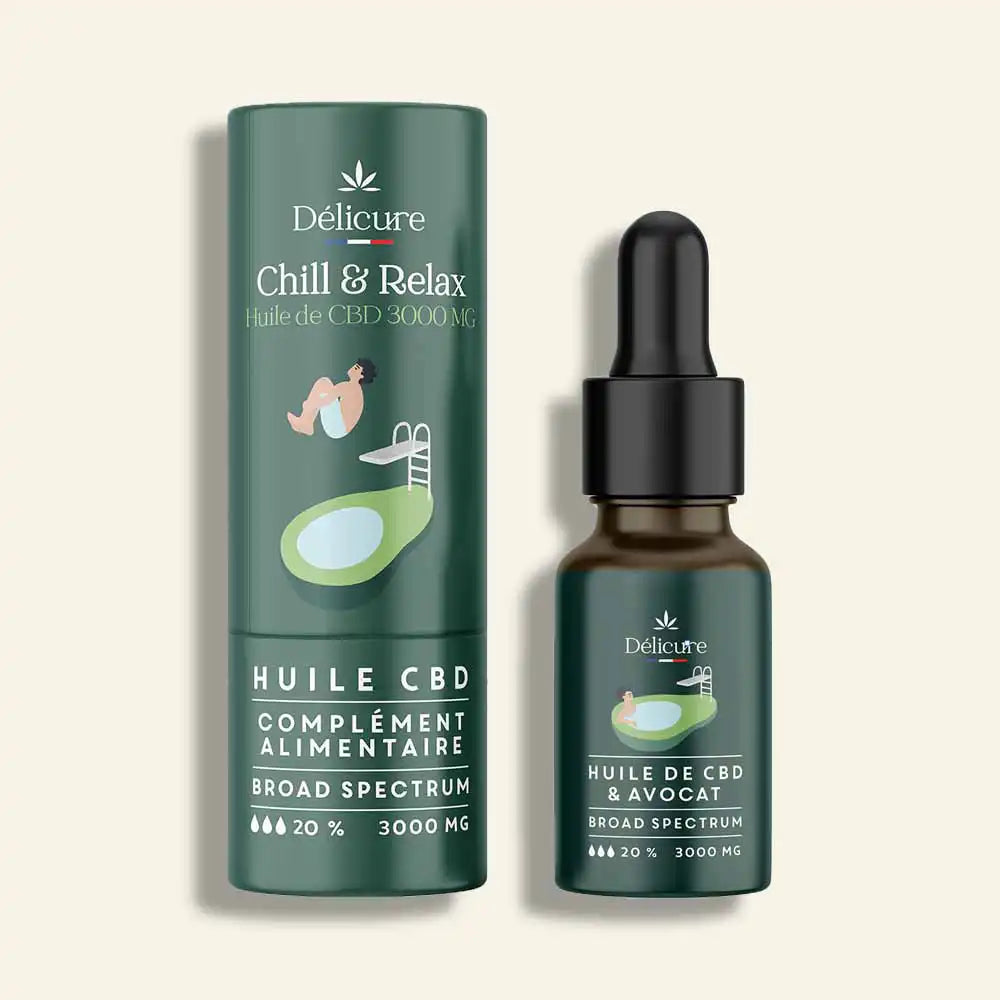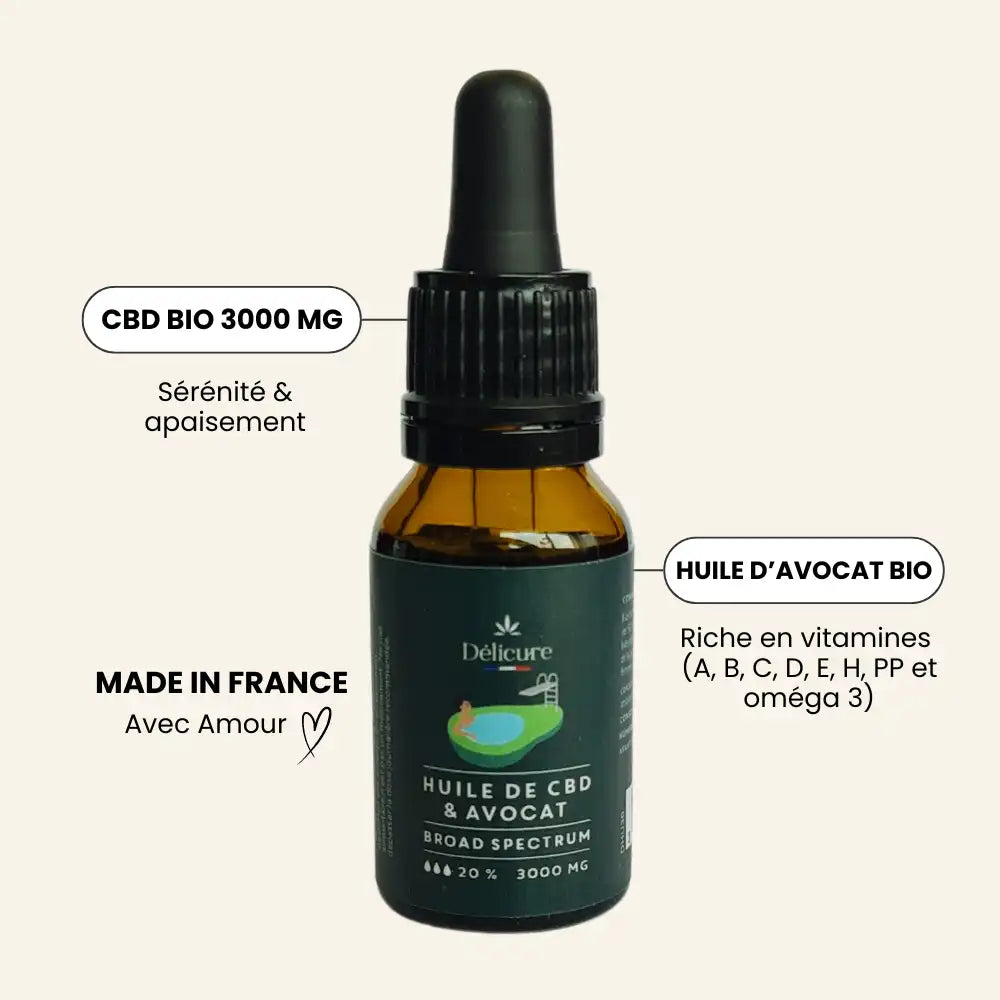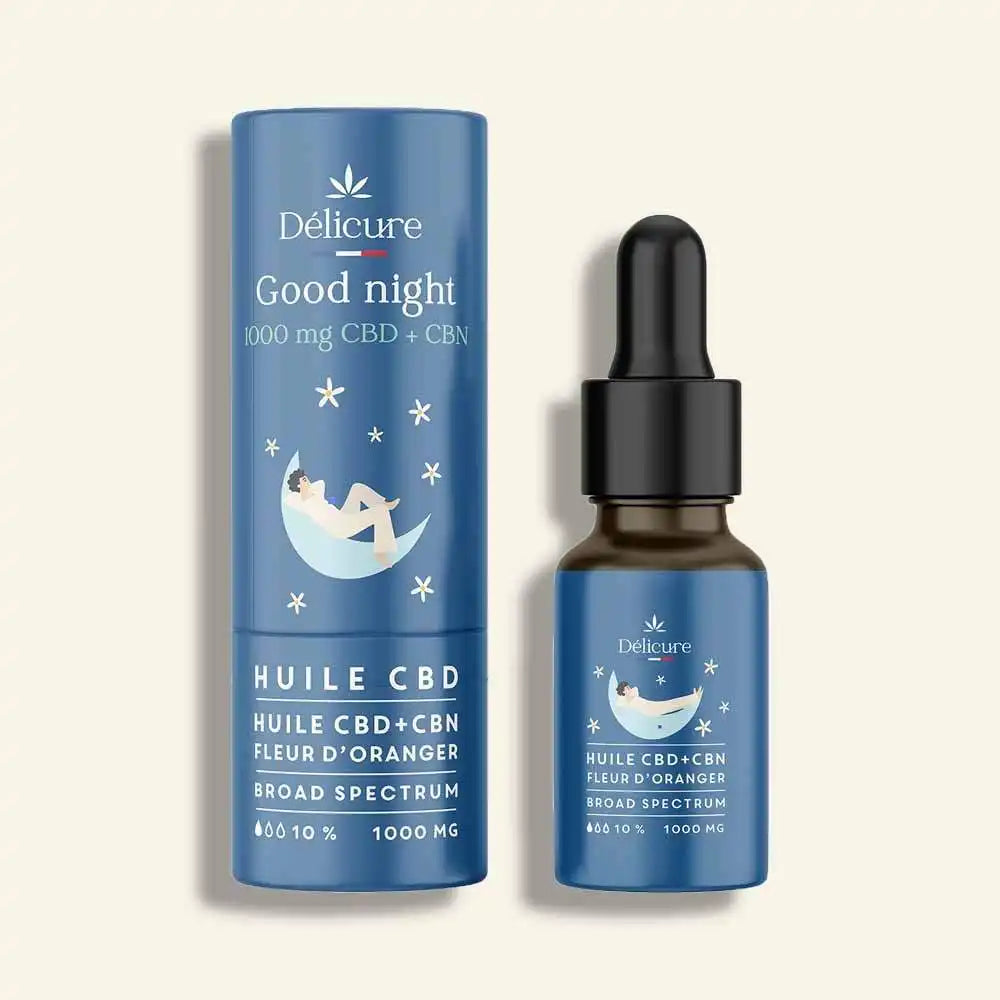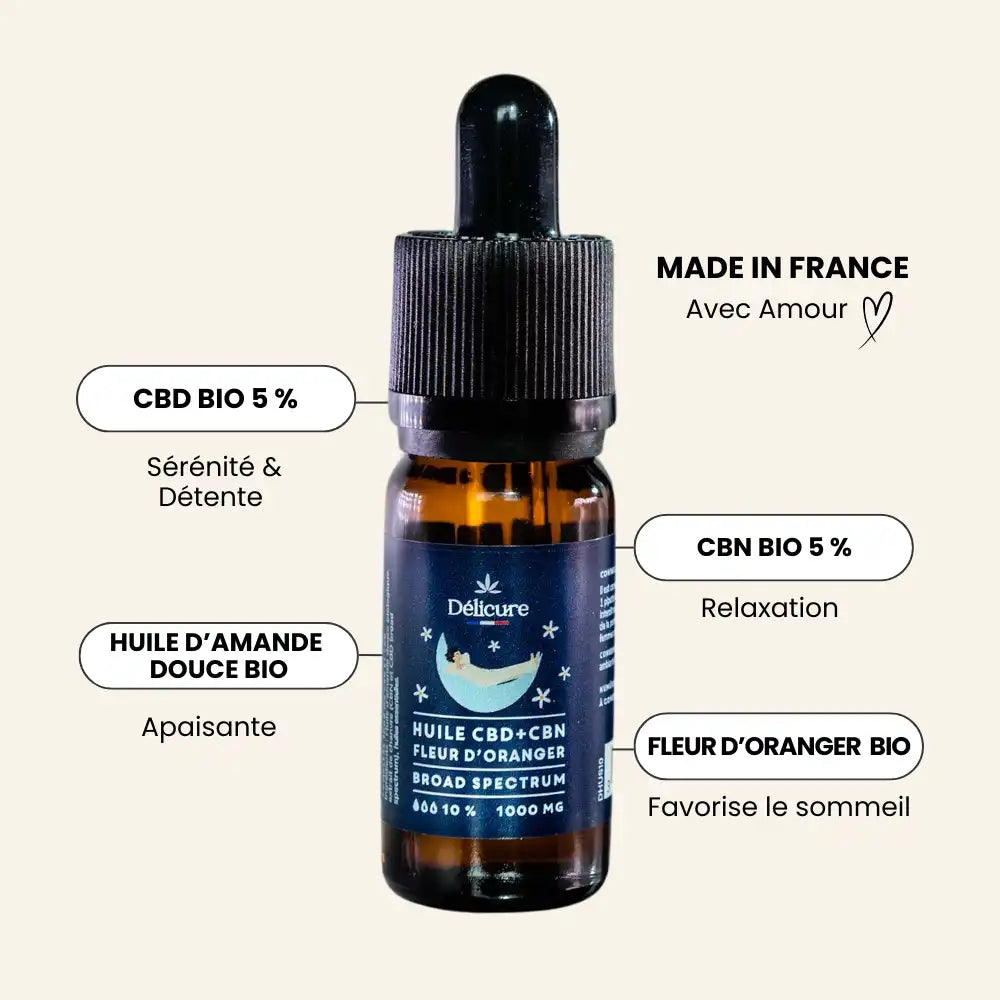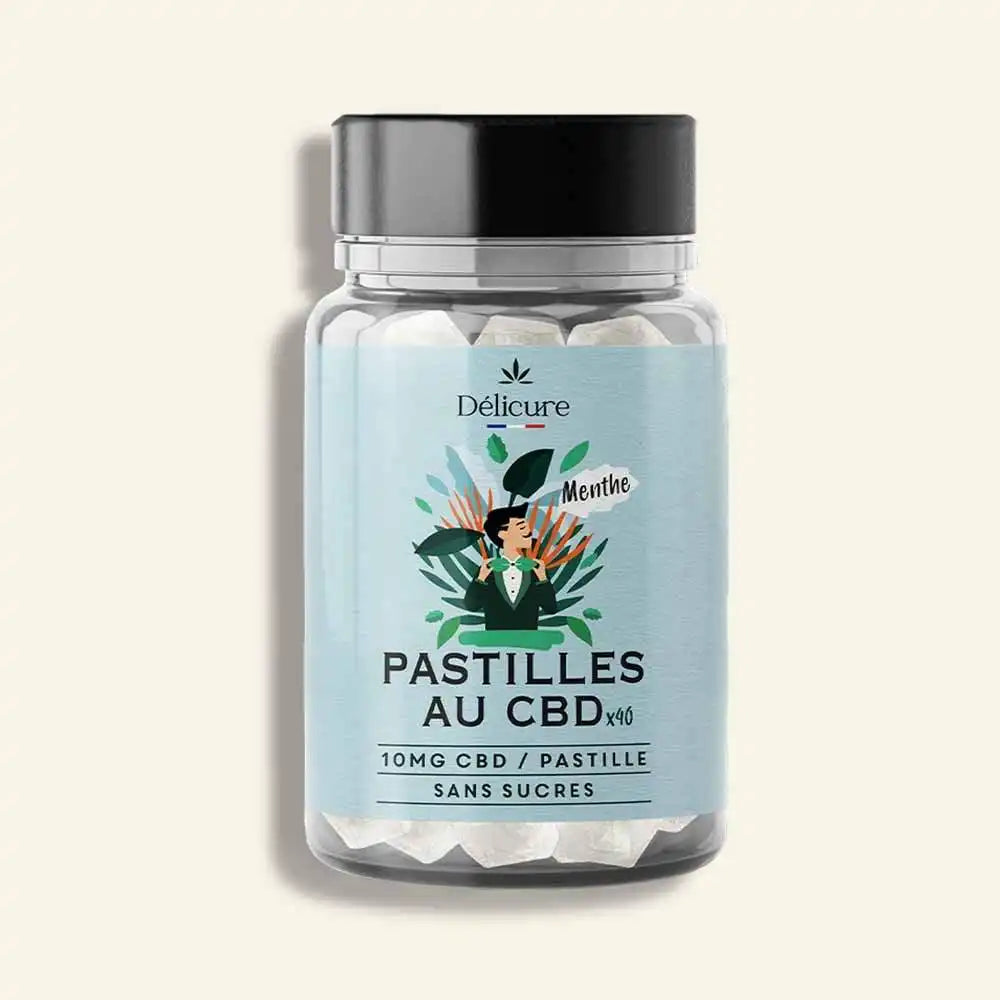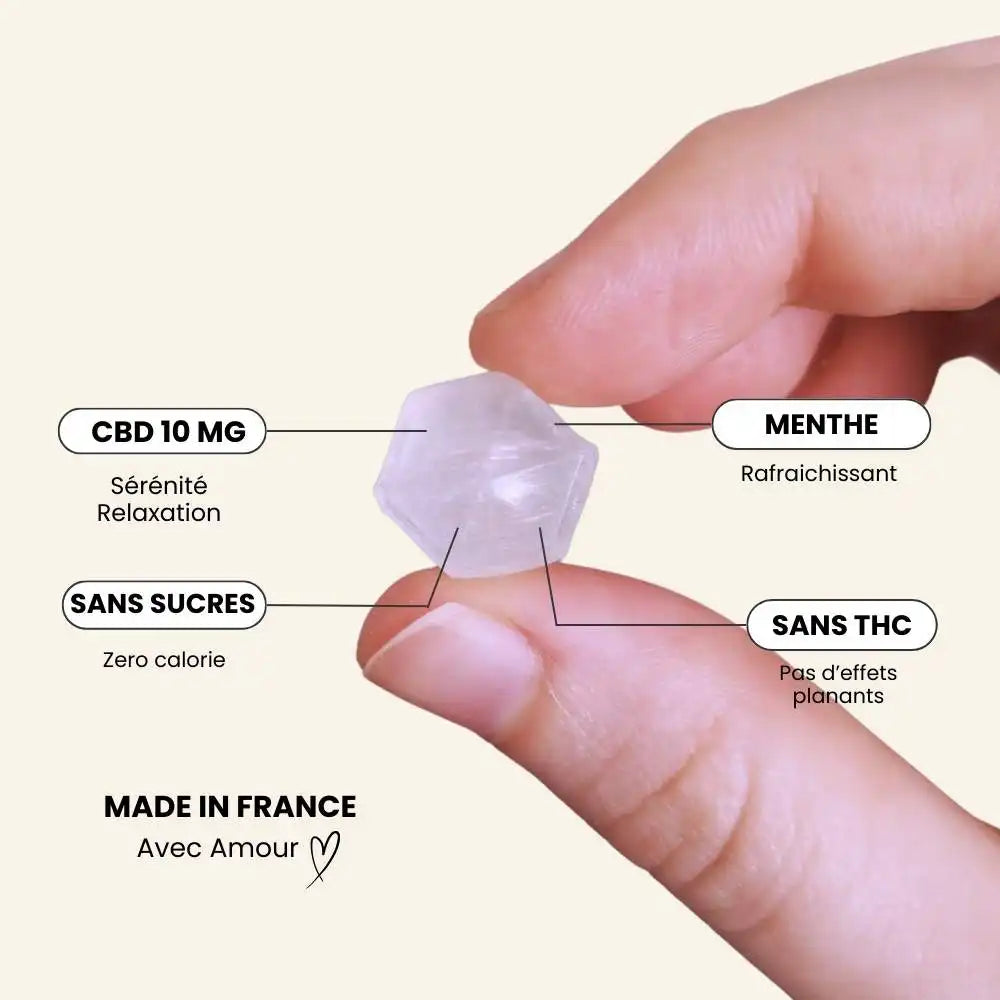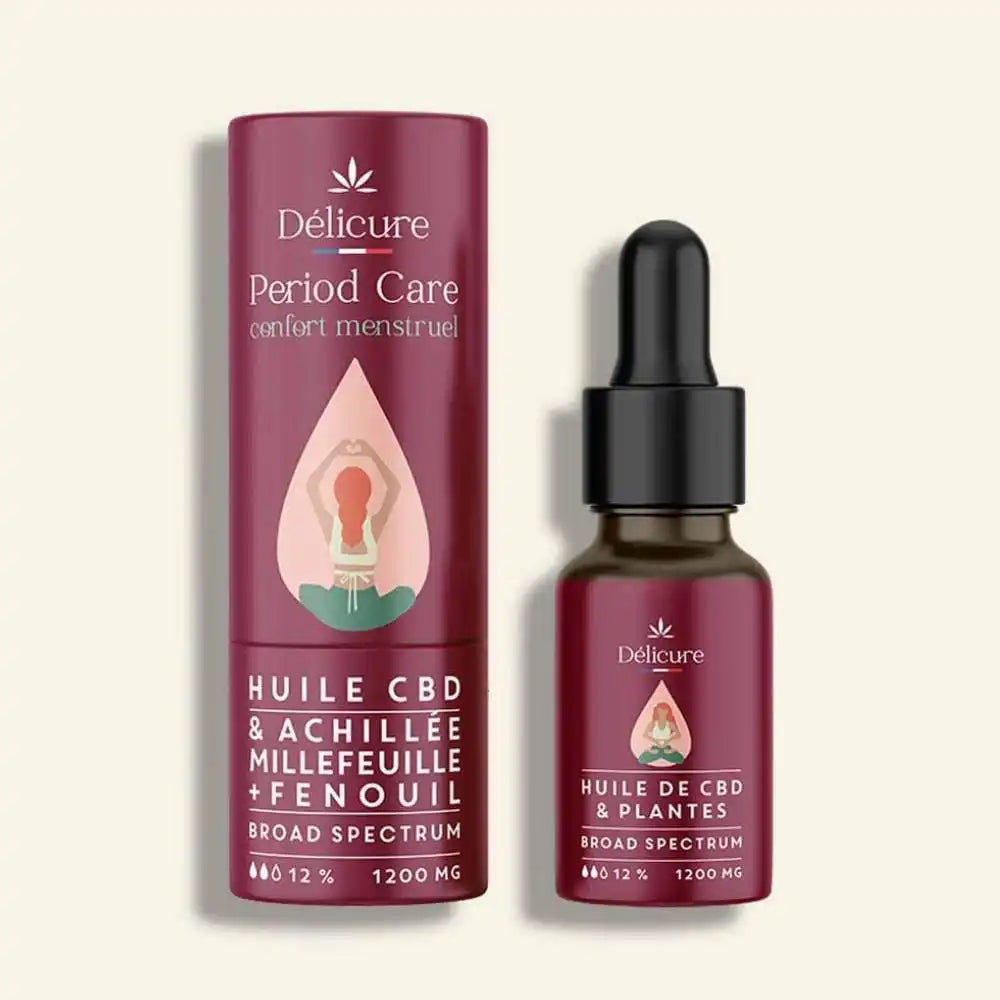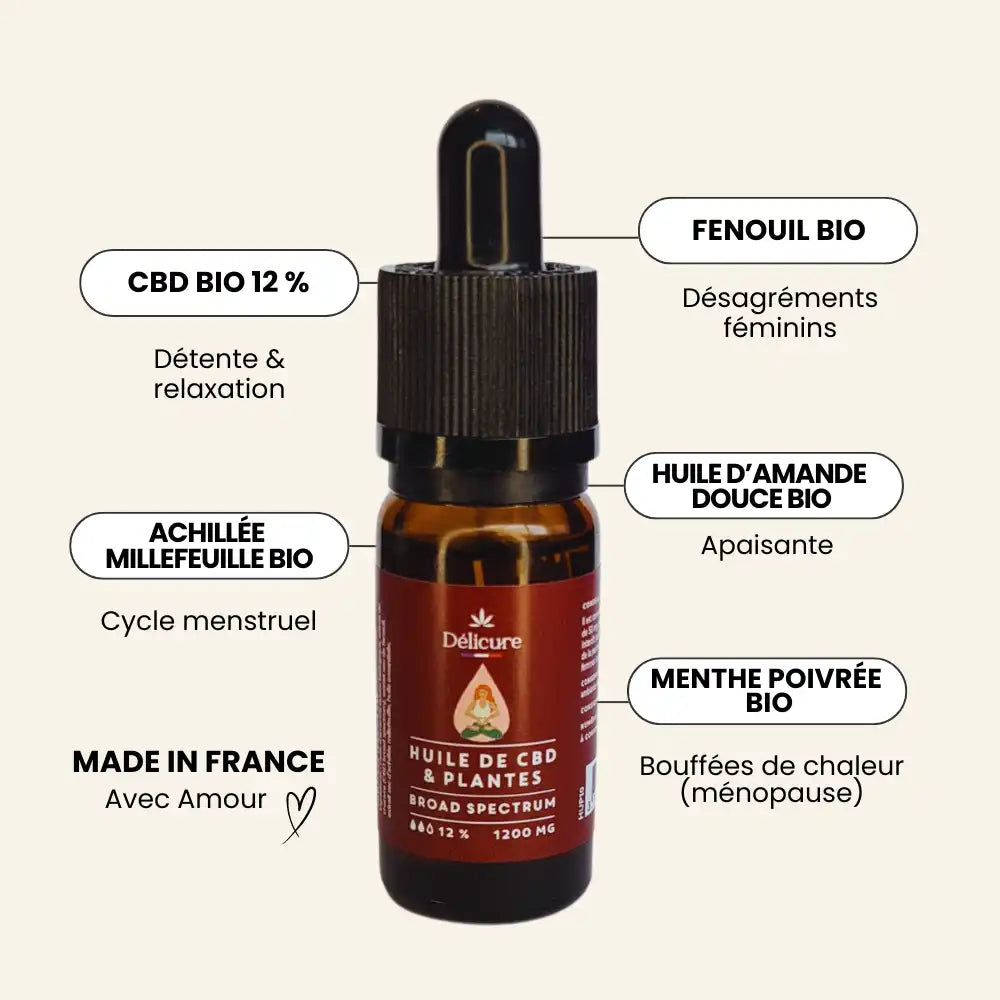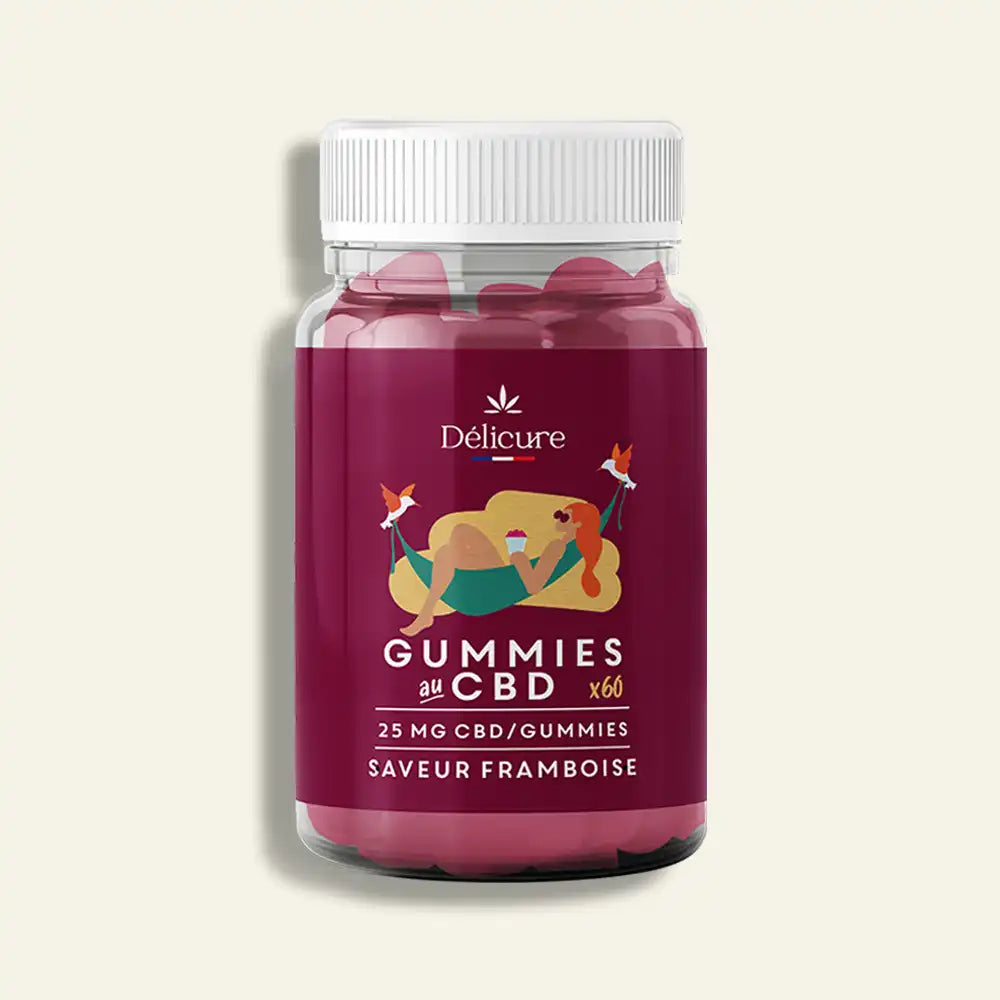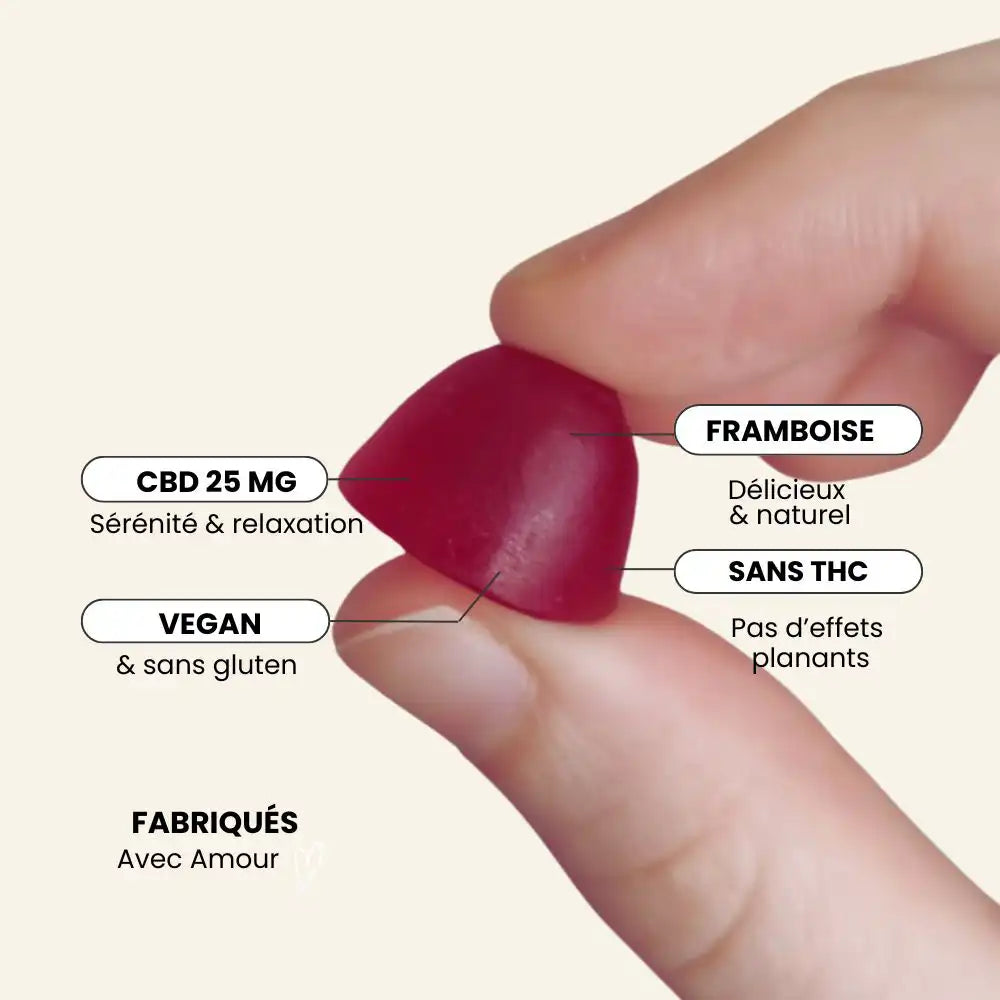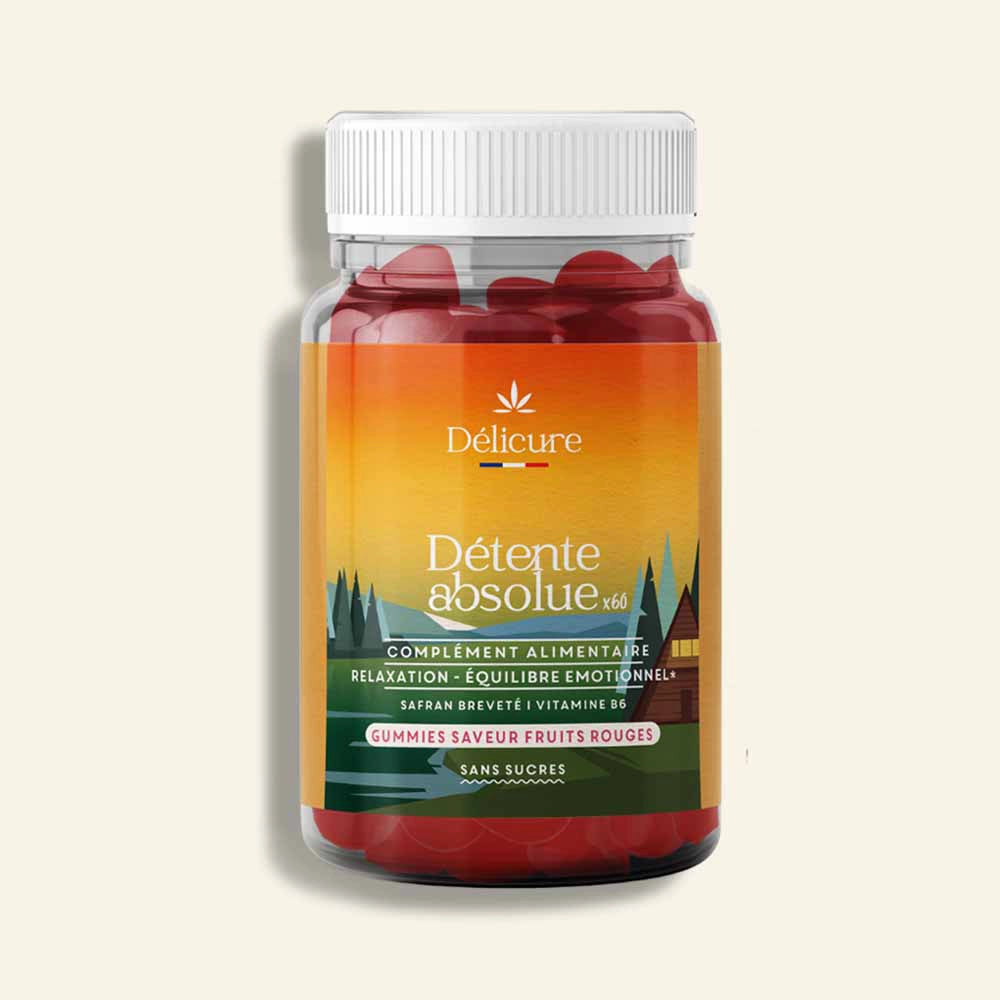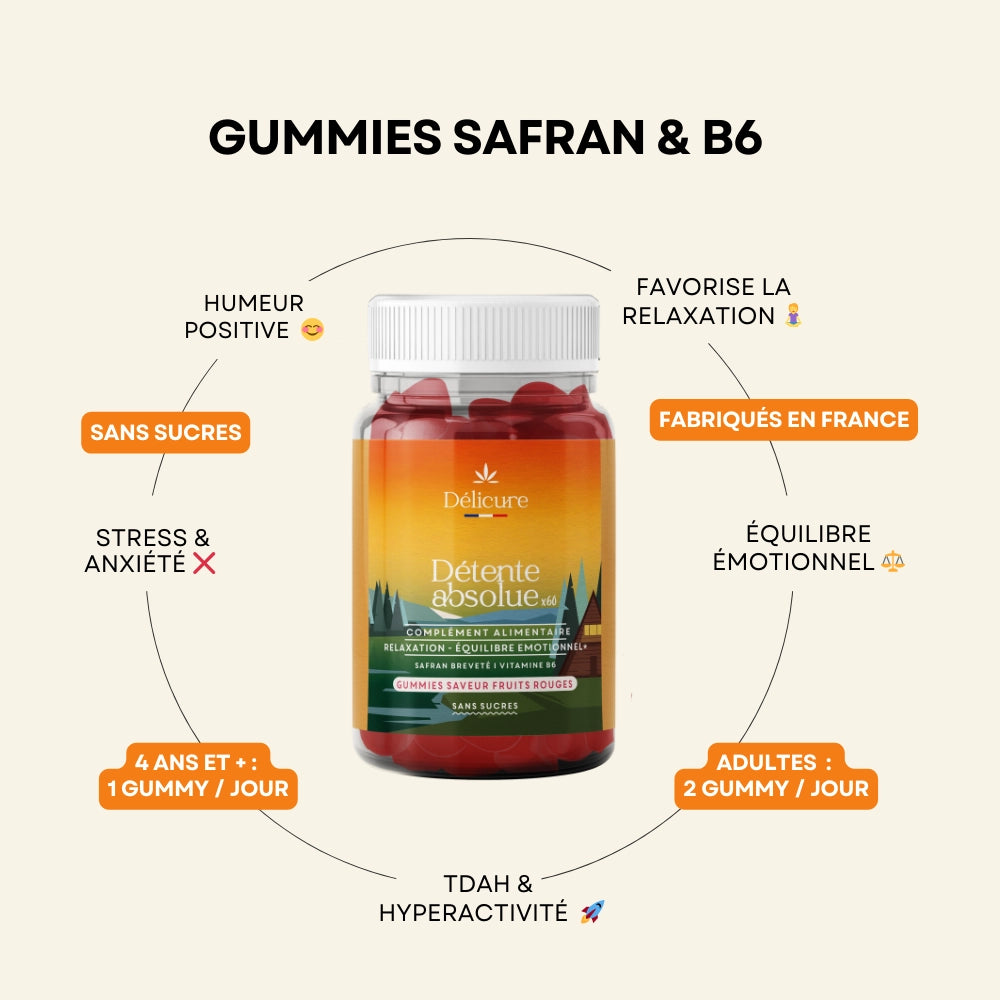
Mood disorders: the benefits of CBD
Mood is a state of mind dominated by a positive and pleasant emotion (joy, fun, love, etc.), or by a negative and painful emotion (anger, sadness, fear, etc.). Generally, we manage to control our emotions and we feel able to manage them on a daily basis, but this is not the case for everyone.
An individual suffering from a mood disorder tends to feel negative emotions more intensely and for a longer period of time than others. They have difficulty containing their emotions, which, in addition to impacting their behavior, can harm their mental and physical health.
The main forms of mood disorders
Mood disorders come in many forms such as:
- Depression : This is a common mental disorder that severely disrupts daily life. Depression is characterized by mood disturbances (sadness, loss of interest or pleasure, feelings of guilt, low self-esteem, etc.) and leads to a pessimistic view of the world. It lasts several weeks and has harmful consequences on quality of life (loss of sleep, appetite disorders, loss of intellectual performance, isolation, etc.). Depression must be treated so that it does not become complicated or chronic.
- Bipolar Disorder : Bipolar disorder is a chronic psychiatric illness characterized by repetitive mood disorders. In fact, the mood evolves according to two phases which occur alternately: so-called "manic" or "hypomanic" episodes (elevated mood and psychomotor agitation) as well as depressive episodes with intervals of remission.
- Dysthymia : This is a mood disorder that takes the form of a milder but chronic depression. The symptoms felt are less strong but continually present, and have lasted for at least two years.
Characteristic symptoms of mood disorders
The most common physical symptoms are lack of energy or great agitation, sleep disturbances, decreased or increased appetite, headaches, intestinal problems, body pain and tension, or neglected personal hygiene.
Among the most common psychological symptoms, we can distinguish a depressed mood or profound distress, a devaluation or excessive guilt, problems of concentration, difficulties of learning, a loss of interest in activities (professional, social and family), and in the most serious cases, thoughts of death or suicide.
Mood disorders have a negative impact on daily life. In some cases, these emotional changes can make it difficult for an individual to work, make decisions, maintain healthy relationships, or even eat, sleep, or get out of bed in the morning.
Causes of Mood Disorders
Aside from genetic factors and family history which can be risk factors in mood disorder, the main causes are:
- Stress/anxiety, whatever the causes (divorce, emotional separation, death of a loved one, loss of a job, moving, health problem, etc.);
- Consumption of alcohol, tobacco or drugs;
- Lack of sleep;
- A lack of self-confidence;
- A hormonal disturbance;
- An imbalance of certain neurotransmitters (e.g. serotonin in the brain)
- The occurrence of a disease (e.g. hyperthyroidism);
- Or finally, taking certain medications (corticosteroids, treatment for Parkinson's disease, interferon , anti-inflammatories, antidepressants, etc.).
Conventional treatments for mood disorders
Mood disorders require medical monitoring, so it is strongly recommended to consult a general practitioner or a psychiatrist who will prescribe appropriate treatment to alleviate or eliminate them.
The classic treatments for mood disorders are psychotherapy or medication, or a combination of therapy and medication.
The earlier the diagnosis is made at the first symptoms, the greater the chances of recovery.
CBD, a natural product to relieve mood disorders?

What is CBD (cannabidiol)?
CBD (or cannabidiol), is a molecule that is part of the cannabinoid family. It is mainly found in the flowers of the hemp plant, also called cannabis.
Unlike the plant's best-known active ingredient, THC (tetrahydrocannabinol), CBD does not cause psychotropic effects and does not create addiction.
CBD is therefore not a narcotic and is completely legal in France. It is very useful for consumers who use it to soothe pain and inflammation, relieve stress and anxiety, improve sleep, as well as for many other symptoms.
Being natural, CBD has no side effects and does not pose any danger to health.
Role of CBD in Mood Disorders
As discussed earlier, mood disorders can be caused by neurochemical irregularities in specific areas of the brain, most commonly in the limbic system (hypothalamus, hippocampus, and amygdala).
This area of the brain is responsible for regulating emotional states such as stress, anxiety and depression.
Within this limbic system, endocannabinoids and CB1 and CB2 receptors have been found in abundance. Several studies* have claimed that the endocannabinoid system plays a vital role in maintaining mental health and emotional well-being, and acts as a central regulator of moods and emotions.
In the event of a deficiency in the endocannabinoid system, certain bodily and neurological functions could therefore become unbalanced.
*https://www.medecinesciences.org/en/articles/medsci/full_html/2004/01/medsci2004201p45/medsci2004201p45.html
https://www.norml.fr/wp-content/uploads/2016/11/2004-SYSTEME-ENDOCANNABINOIDE.pdf
According to a study conducted by the American start-up Radicle Science, the consumption of CBD would stimulate this endocannabinoid system and the cannabinoid receptors CB1 and CB2. Cannabidiol would play an essential regulatory role in maintaining emotional health at the chemical level. It would help to restore and rebuild the appropriate cell-to-cell interactions that exist in the network of endogenous cannabinoids/receptors.
In addition, thanks to its analgesic and anxiolytic properties, CBD can reduce stress and anxiety* and thus promote relaxation.
By reconnecting CB1 and CB2 receptors, cannabidiol would stimulate the production of endocannabinoids, having the natural effect of improving the circulation of anandamide (endogenous cannabinoid neurotransmitter) while limiting its degradation. In the human body, the latter plays a role in the perception of pain, as well as in anxiety, stress and depression.
*https://pubmed.ncbi.nlm.nih.gov/21307846/
CBD would therefore be a new avenue for relieving the many manifestations of mood disorders (depression, manic episodes, bipolar symptoms, etc.). Many studies are underway to confirm its effectiveness.
Taking CBD
CBD can be consumed, depending on personal preferences, in the form of oil, infusions, cosmetic products, food products, capsules, capsules or even e-liquids (for electronic cigarettes).
The most common form is CBD oil , preferably consumed sublingually because its action is very rapid (5 to 20 minutes).
Regarding the choice of dosage, it depends on the tolerance to CBD as well as the desired needs of each person.
In order to fully benefit from the effects of CBD, it is commonly recommended to consume 0.5 mg of CBD per kilo. For example, the ideal dosage for a man who weighs 80 kilos is 40 mg. It should be divided into three doses (morning, noon and evening), or approximately 13 mg per dose, this dosage will differ greatly from one person to another and remains only an average.
This dose is recommended to improve mood, limit stress and anxiety disorders but also to relieve inflammation and pain as well as promote sleep .
Délicure CBD products
Délicure offers a wide range of CBD products: gummies, pastilles and oils. These different products are designed in a French laboratory with high-quality CBD and do not contain any trace of THC:
- CBD gummies : these are delicious vitamin-packed soft candies that allow you to enjoy the benefits of CBD while savoring a moment of pleasure. Each gummy contains 10mg of CBD, which is very practical for accurately dosing the amount of CBD to consume.
- CBD gummies : they come in the form of hard candies to melt under the tongue. These sweets are available in four flavors: sugar-free apple, sugar-free mint, sugar-free blackcurrant mint and honey. Their format is ideal for keeping them on hand and taking them everywhere with you. As with CBD gummies, one lozenge contains 10mg of CBD.
- CBD oils : these CBD oils with various fields of action (stress, sleep and pain) are supported by 100% pure and natural avocado oil as well as organic sweet almond oil. Indeed, Délicure has chosen to replace refined coconut oil (MCT oil), used in the majority of classic CBD oils, to guarantee a natural and high-quality product.
Just a few drops of oil are enough to feel the effects of CBD instantly.
--




